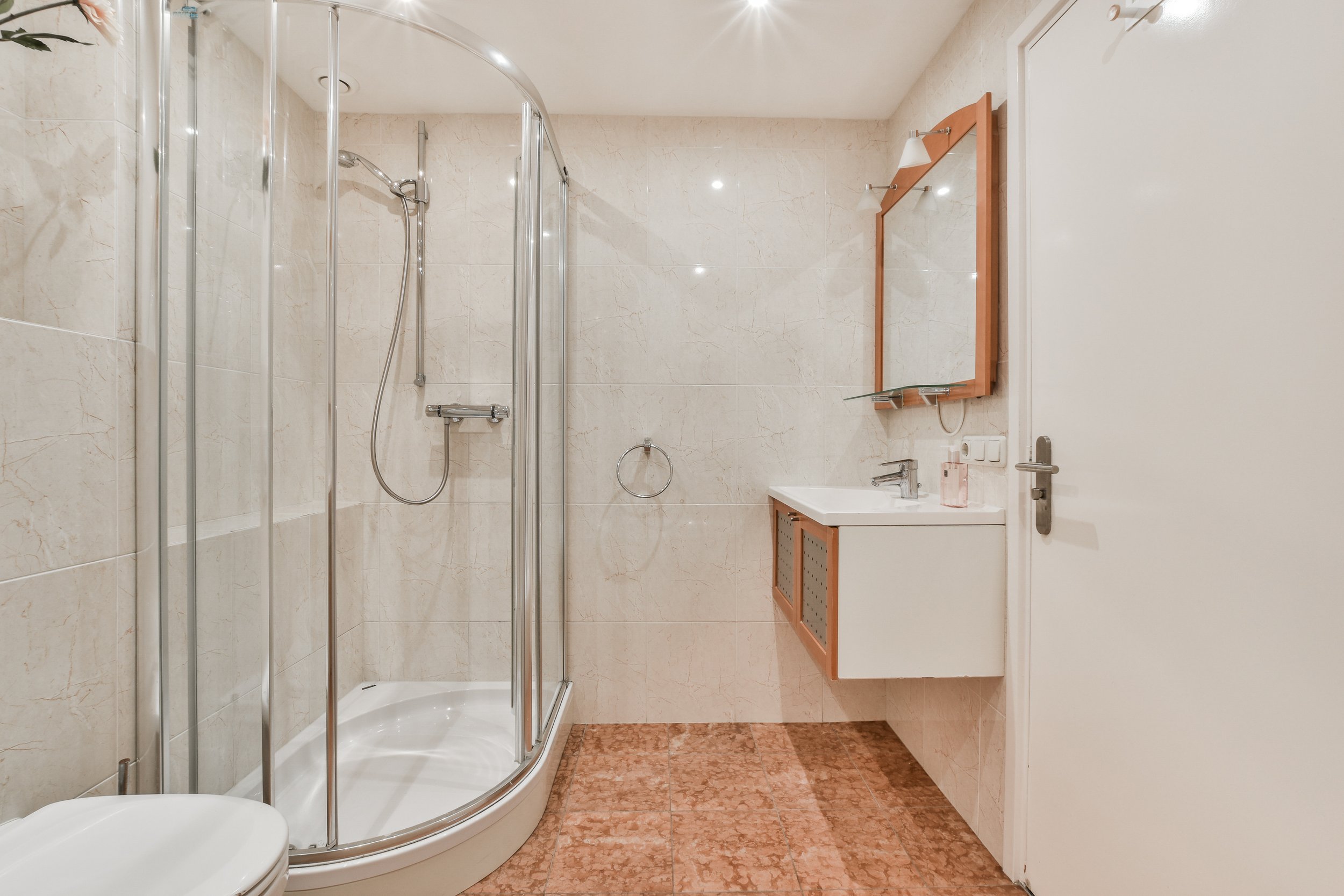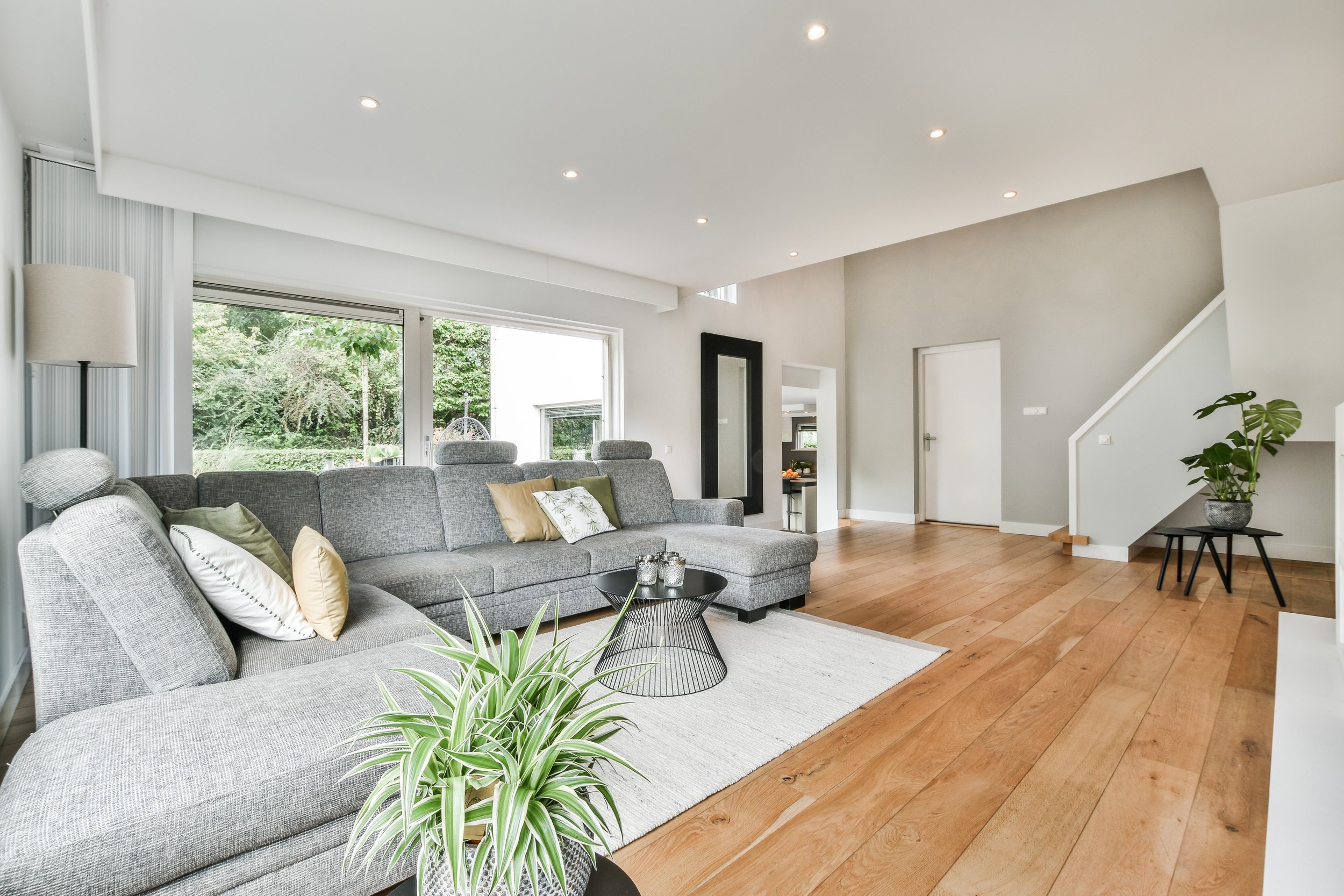
Who To Hire To Finish My Basement In Midtown Atlanta?
Finishing a basement in Midtown Atlanta is a smart move. It adds living space, raises resale value, and gives flexibility for an office, guest suite, gym, or rental. The challenge is finding a contractor who understands intown Atlanta homes, older foundations, and the way Midtown’s building department works. This guide walks through what to look for, how to compare bids, expected costs, and why a local team like Heide Contracting is a strong fit when you search for “best basement finishing companies near me.”

What a Midtown Basement Really Needs
Midtown homes sit on mixed foundations: 1920s bungalows, postwar cottages, newer townhomes, and condo lower levels. Soils vary street by street. Many basements carry past moisture issues from high water tables or downspout runoffs. A good contractor diagnoses these realities before talking about shiplap or theater seating.
In practice, that means a site visit that checks existing slab conditions, perimeter drainage, vapor barriers, and ceiling height. If the ceiling height sits under 7 feet 0 inches to the finished surface, a contractor should propose solutions: engineered joist adjustments in select areas, duct re-route, or a dropped zone plan that balances comfort with code. This is the difference between a pretty plan and a legal, livable space.

Required Permits and Codes in Atlanta
Atlanta requires permits for finished basements that add walls, plumbing, or electrical systems. Midtown projects must follow residential code for egress, smoke and CO detectors, ceiling height, and insulation. For bedrooms, egress windows or doors must meet specific dimensions; many older basements need a new window opening or a well with proper drainage.
Homeowners should expect inspections for framing, electrical rough, plumbing rough, insulation, and final. A contractor who works Midtown often will already know the reviewers at the Office of Buildings and can preempt common comments. That can shave one to three weeks off the timeline.
What It Should Cost in Midtown
Pricing depends on size, scope, and whether structural changes or waterproofing come first. Based on recent Midtown projects:
- Basic finish with a family room, LVT flooring, one closet, and lighting: $55 to $85 per square foot.
- Mid-scope finish with a bathroom, wet bar, and built-ins: $90 to $140 per square foot.
- High-spec finish with bedroom, bath, dedicated theater, and custom millwork: $140 to $220 per square foot.
Add $5,000 to $25,000 for waterproofing and drainage, if needed, and $3,500 to $9,000 for egress work. Moving major mechanicals can add $4,000 to $12,000 depending on ducting and gas lines.
These are working ranges from recent intown jobs, not promos. Solid bids include line items for drywall level, insulation type, floor prep, baseboards, door slabs, tile square footage, vanity specs, and fixture allowances. If a bid does not spell these out, it usually grows later.
The Right Sequence Prevents Callbacks
A basement that feels dry on a sunny day can still trap moisture once it is insulated and sealed. Proper sequence reduces risk. The contractor should handle grading and downspouts first, then interior drainage and vapor barriers, then framing and rough-ins. Subfloors should be planned with moisture readings, not guesses. Waiting seven days after heavy rain to retest walls is a good safeguard that many skip.
Materials That Work Below Grade
Closed-cell spray foam along rim joists helps stop air leaks and condensation. On walls, many Midtown basements do well with rigid foam against masonry, then a framed wall with mineral wool and drywall. It costs more than fiberglass alone, but it resists moisture better. Luxury vinyl plank or engineered flooring with a proper underlayment beats solid hardwood below grade. Tile works well in bath zones and at exterior doors that see wet shoes.
Lighting deserves attention. Low ceilings benefit from low-profile LED wafer lights and layered lighting: cans for general light, sconces or lamps for warmth, and task lighting at the bar or desk. In media rooms, dimmers with preset scenes go a long way.
Hiring Criteria That Matter More Than a Shiny Portfolio
A nice gallery helps, but Midtown homeowners should weigh these practical signals:
- Recent permits pulled in Atlanta for basement finishes. Ask for permit numbers.
- Moisture strategy in writing with product names, not vague “waterproofing included.”
- Egress plan when a bedroom is proposed. Look for dimensions and manufacturer cutsheets.
- Trade partners who show up. Reliable electricians and plumbers are often booked; a contractor with loyal subs moves faster.
- A schedule with inspections shown. If the plan skips inspections, expect delays later.
A contractor who can answer building code questions in plain language will keep surprises low and keep the inspector happy.
How Long a Midtown Basement Takes
Most 700 to 1,200 square-foot finishes run 8 to 14 weeks, assuming permits are ready. Add two to four weeks for heavy waterproofing or structural work. City review can add another week or two depending on volume. The best timelines stay stable because materials and fixtures are selected early and ordered before demolition.
Expect quiet days during inspection windows. That is normal. Expect louder days during demo, framing, and drywall sanding. Good teams post daily updates and photos so you can track progress without popping downstairs every hour.
Common Midtown Hurdles and Smart Fixes
Many Midtown basements have low mechanical runs. Instead of dropping the whole ceiling, a soffit “river” can tuck ducts while keeping most of the room at full height. Older foundations sometimes curve; forcing perfectly straight framing against them leads to Heide Contracting: basement finishing services in Atlanta, GA. wavy drywall. Better to float a wall an inch off the masonry and hold square.
Noise transfer matters in townhomes. Ask about sound attenuation: resilient channel, mineral wool, and solid-core doors. For short-term rentals or guest suites, stack plumbing to keep future service simple and quiet.
Why “Best Basement Finishing Companies Near Me” Works Best With Local Experience
Typing best basement finishing companies near me pulls up many options, but the best fit knows Peachtree Circle versus Penn Avenue soil stories. Local teams have solved the same problems on nearby blocks. That saves rework and brings better design choices, like where to place a wet bar so plumbing ties in cleanly without cutting a slab more than needed.
Heide Contracting focuses on Atlanta neighborhoods like Midtown, Piedmont Heights, Ansley Park, Virginia-Highland, and Morningside. The team has handled tight stairwells, tricky egress installations, and heritage trim matches while meeting code and staying on schedule. That is what matters after the photos are posted.
What a Quality Proposal From Heide Contracting Looks Like
Homeowners can expect a clear scope with three parts. First, a moisture and structural report based on site readings, with product choices and locations. Second, a finish plan with a scaled layout, electrical counts, vent positions, ceiling heights, and trim profiles. Third, a selections sheet listing tile, flooring, cabinet line, countertops, plumbing fixtures, paint, and hardware with allowances or exact SKUs.
Payment schedules follow milestones: deposit, after framing and rough-ins pass, after drywall, after cabinets and tops, and final after punch list. This structure keeps both sides aligned.
Two Midtown Examples
A 900-square-foot basement on Myrtle Street gained a guest suite, bath with a curbless shower, and a small office. The ceiling height averaged 7 feet 4 inches after duct adjustments. Cost landed near $118 per square foot, including a new egress window and interior French drain. The owner reports cooler summers and quieter movie nights.
On Argonne Avenue, a 650-square-foot media room with a wet bar and powder room came in at $92 per square foot. The team rerouted one trunk line, added mineral wool in the ceiling, and used LVP with a moisture barrier. The inspector signed off without corrections.

Quick Pre-Bid Checklist
- Verify ceiling height and identify any zones under 7 feet.
- Test moisture on three separate days, including after rain.
- Confirm egress plan if adding a bedroom.
- Decide early on bathroom location to reduce slab cuts.
- Lock material choices that affect lead time, especially tile, vanities, and lighting.
Ready to Finish Your Midtown Basement?
If you are comparing bids from the best basement finishing companies near me, include a team that knows Midtown block by block. Heide Contracting brings practical solutions, transparent pricing, and clean work crews that respect occupied homes. Share your address, a rough square footage, and a few photos. The team can provide a ballpark in 24 to 48 hours and a firm proposal after a site visit.
Book a consultation today to turn that Midtown basement into real living space that looks good and works even better.
Heide Contracting provides renovation and structural construction services in Atlanta, GA. Our team specializes in load-bearing wall removal, crawlspace conversions, and basement excavations that expand and improve living areas. We handle foundation wall repairs, masonry, porch and deck fixes, and structural upgrades with a focus on safety and design. Whether you want to open your floor plan, repair structural damage, or convert unused space, we deliver reliable solutions with clear planning and skilled work. Heide Contracting
Atlanta,
GA,
USA
Phone: (470) 469-5627 Website:
https://www.heidecontracting.com,
Basement Conversions
Instagram: @heidecontracting
Facebook: Heide Contracting